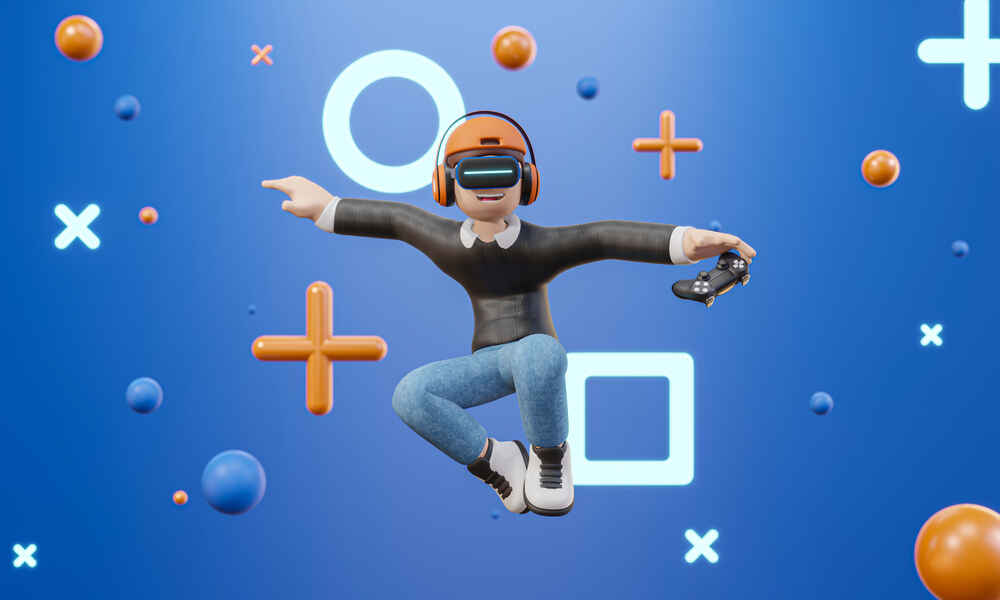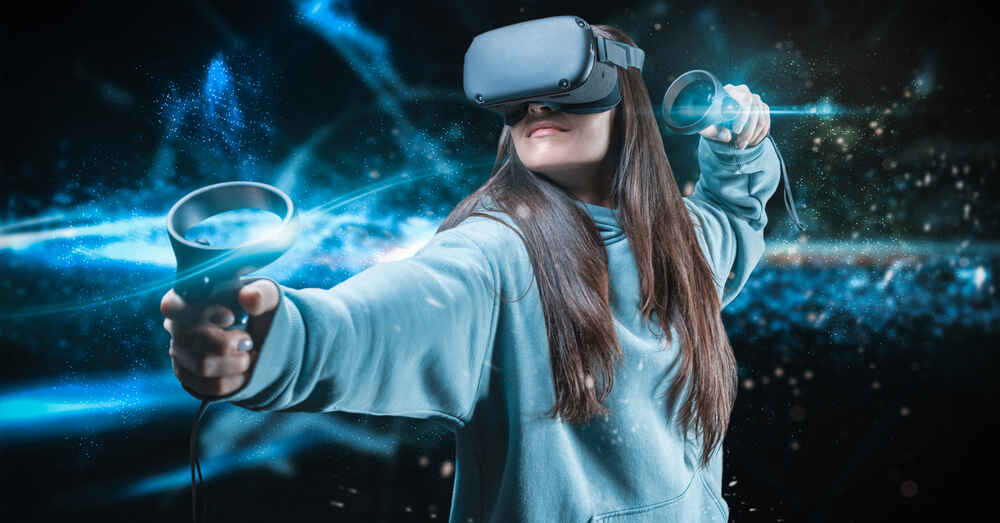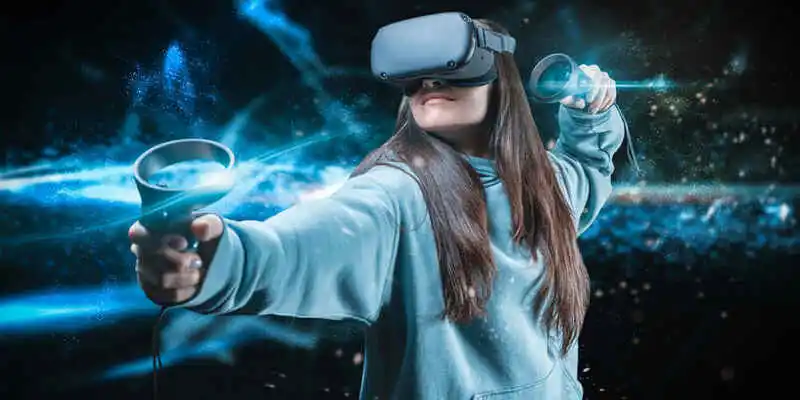The Potential of Artificial Intelligence (AI) in Gaming
Artificial Intelligence (AI) has the potential to transform the gaming industry, from creating more realistic and engaging player experiences to optimizing game design and enabling new possibilities. With the ability to analyze data and learn from player behaviors, AI can improve game performance.

Gaming is now more than just racing cars in a patchy graphics game or playing soccer with minions that didn’t remotely look like players. Accenture surveyed in 2021 and estimated that the gaming market has a market cap of over $300 billion. Similarly, Fortune Business Insights estimates the gaming industry to grow with an annual growth rate of 6.3% and cross $500 billion by then.
Putting random numbers aside, what exactly is fueling this growth and how are the game developers transforming the gaming landscape? The short answer is AI, VR, AR, and the internet, and the long answer is not relevant at the moment. While we will briefly discuss the role of AI in the future of gaming, VR/AR projects from companies like Microsoft, Oculus, Unity, and ISP like WOW!, AT&T, and CenturyLink internet are instrumental to the gaming industry’s growth. Stay tuned.
AI in Gaming
With the advent of technology, games are becoming more immersive and realistic. But the amount of time it takes to create those renders with such exceptional depth is far from ideal. For example, it took three years for the game developers at Microsoft Studios to launch Forza Horizon 5 after having already made Forza Horizon 4. AI is here to change that.
Microsoft Studios is currently developing machine learning algorithms that pick up on the scene and add more details to the game. Alternatively, it can also work as a path-finder that generates the storyline according to the player’s actions.

Some games like Red Dead Redemption 2, The Last of Us, Minecraft, GTA V, etc., already use AI to render photo-realistic visuals based on real-life 3D images. The way the non-player characters (NPCs) interact with the player is also becoming increasingly reliant on AI.
The biggest advantage of AI is in open-world games like GTA V where players can go anywhere and it’s difficult for developers to predict every move the players are going to make beforehand. This way, AI automatically keeps generating the storyline as the players advance. For example, the way people react to blood stains on clothes in Red Dead Redemption 2 and when you antagonize or fraternize with them, is an excellent example of AI integration into games.
The Future
Here are some of the future applications that tech giants are considering when it comes to artificial intelligence and machine learning in games.
Cloud-Based Gaming
The gaming world is dynamic with new games being released every month and new processors and graphic cards coming out every year. Also, most of these advancements aren’t cheap. You often have to pay top dollar to get the latest technology. For example, there used to be games in 720p, followed by full HD, 4K, and now it’s at 8K, and the cost for an 8K monitor alone is above $3,000. Add to that the cost of a full gaming CPU and GPU, and the cost is bumped up to several thousand dollars, which makes it impractical for most gamers.
Cloud gaming is when a tech company hosts the game on their cloud and any user with a good internet connection and a subscription can play the game from anywhere in the world. This eliminates the need to upgrade your equipment every two years. AI makes it even better by offering various add-ons like coming up with unique storylines and converting real-world data to video game visuals.
Blockchain-Based Gaming
This is another area with lots of potential AI applications as the Metaverse utilizes block-chain based gaming. The inclusion of AI lets the game developers enhance the VR experience to AR, which integrates the objects in games into the real world. If a team of developers manually coded every scenario that made up the fabric of the AR world, it would take years and even then the scope of the game will be limited.

Wearable VR Gaming
Gone are the days when Meta (Facebook’s parent company) unveiled its VR edition of Paris and the images caught a lot of bad press because of a lack of details. Although currently, VR gaming is not exactly photorealistic, it’s becoming better with time. Meta has also introduced their headset through which you can play a VR game.
It’s important to note that VR games are limited in number and only some of them feel close to the real deal. For example, a driving or flight simulator, which the Airlines also use to train their pilots. So there’s a lot of investment in that area. But, other games, especially open-world games need more AI integration to feel as authentic as the console games do. Meta is also at the forefront of this and investing heavily in VR gaming with better AI integration.

Conclusion
The pandemic was a major driving force in pushing tech companies to focus more on online games. These online games like Minecraft, in turn, started utilizing AI to better predict the player’s behavior and alter the storyline accordingly. Keeping in mind the current growth rate of gaming, AI will open doors to a lot of opportunities that would benefit the players. Here’s to hoping it can grow into a powerful tool that creates even more immersive gaming experiences in the future.



